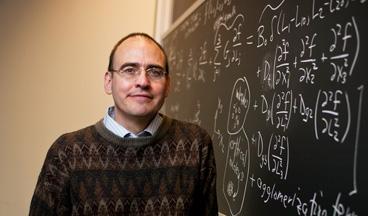Ready to face the revolutions in transportation systems and discover how disruptive innovations are reshaping the mobility sector? In this immersive five-day course, you will learn to model, analyze and optimize transportation systems using the latest research from MIT and beyond, delving into demand and network modelling, artificial intelligence, simulation, optimization and control. Innovative methods are explored for emerging systems that are still in an early stage of development and deployment, such as user-centric new smart mobility services, automated and AI-driven vehicles and alternative energy vectors for decarbonizing transportation. Through real-world case studies, transportation researchers and professionals from urban and mobility organizations, the automotive industry, logistics companies, and other transportation sectors can gain actionable insights to address current and future transportation challenges.



